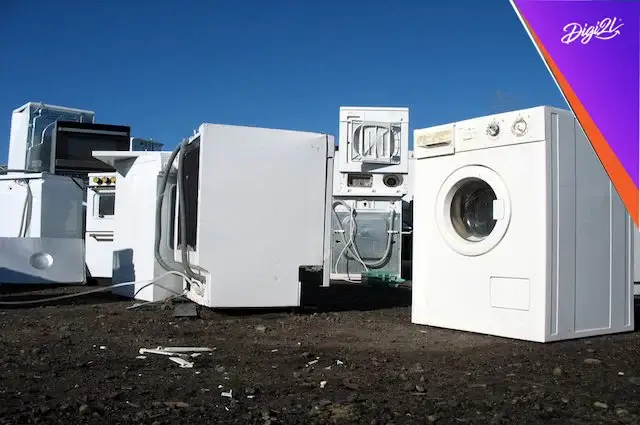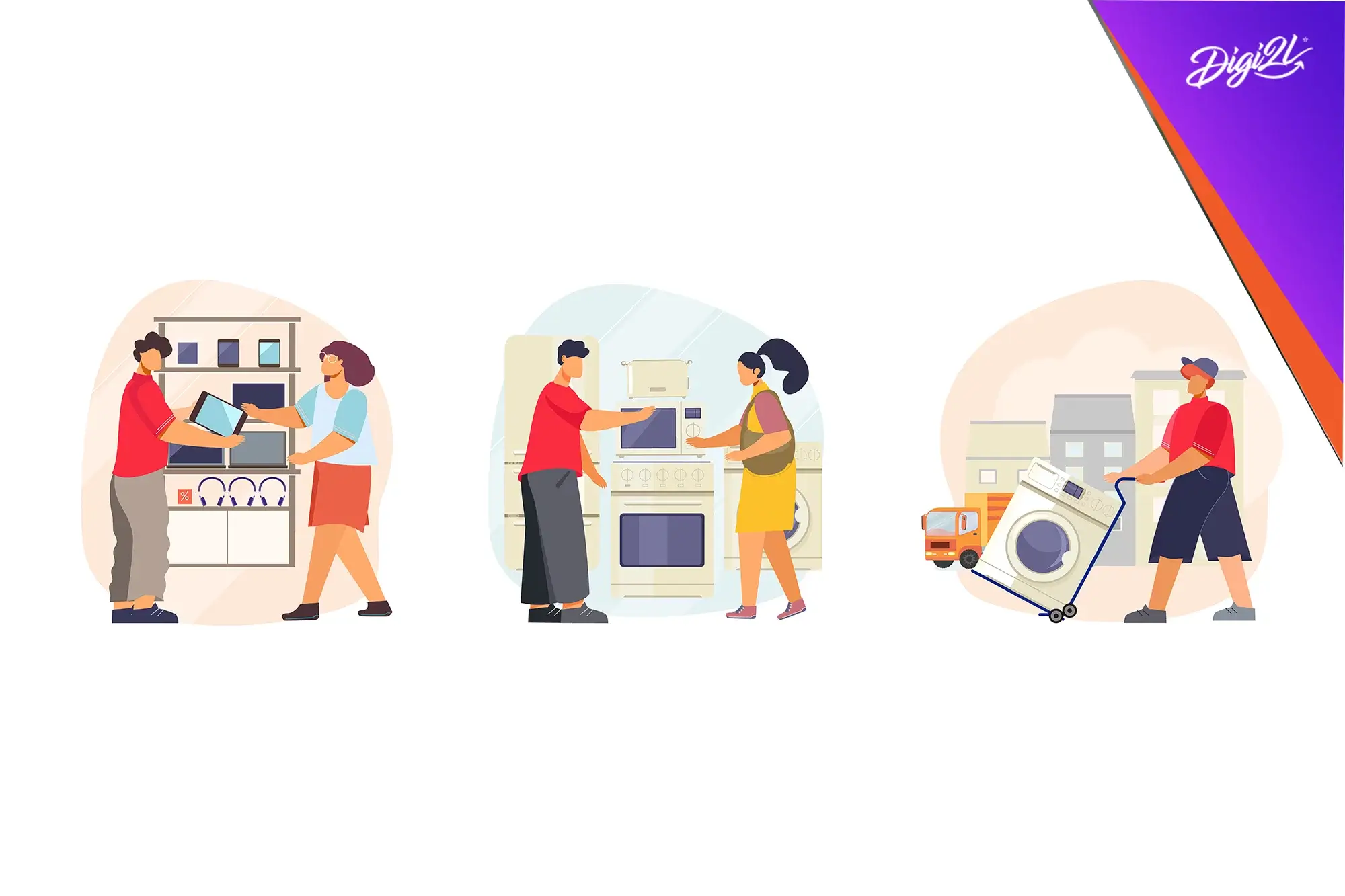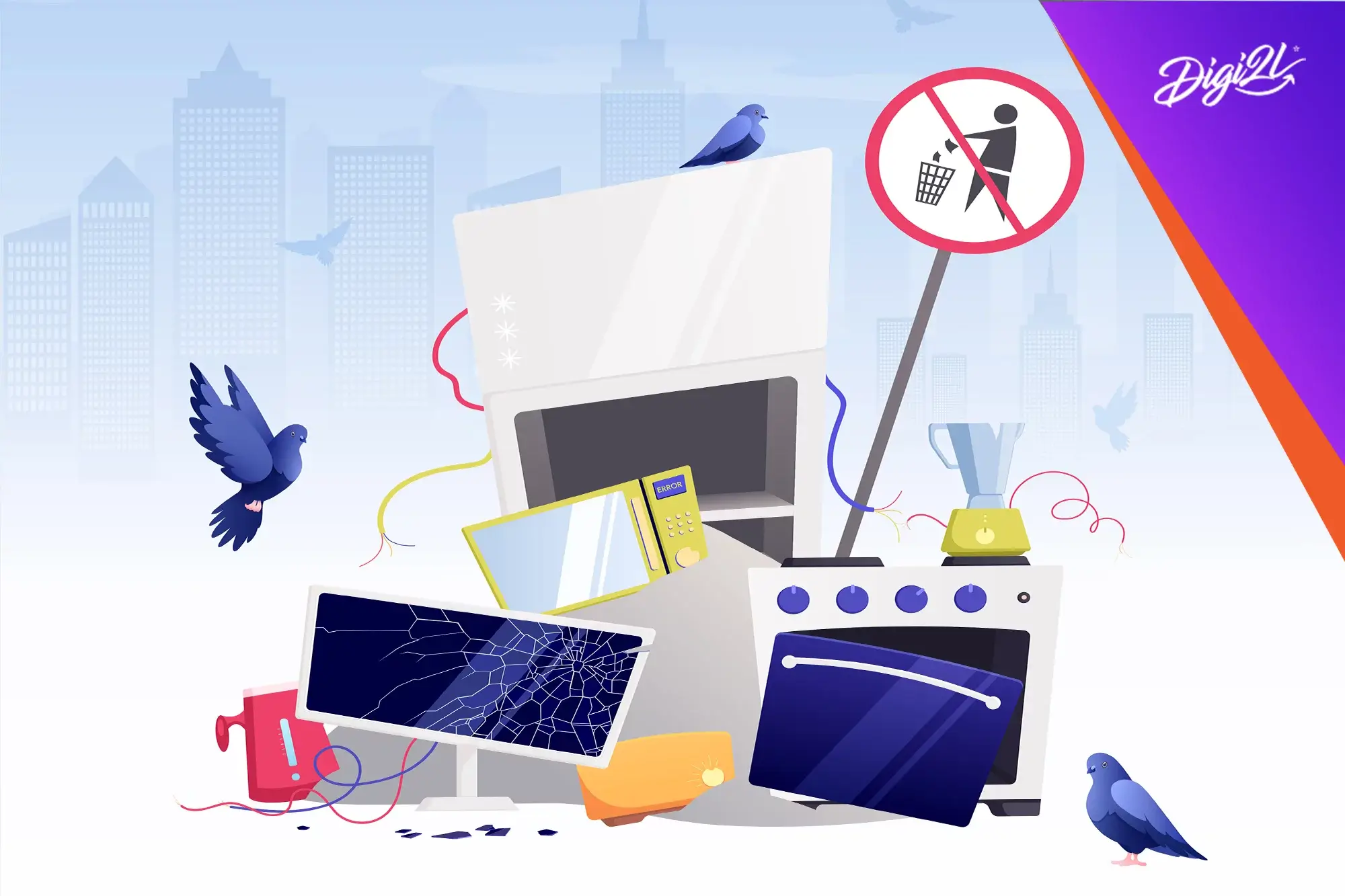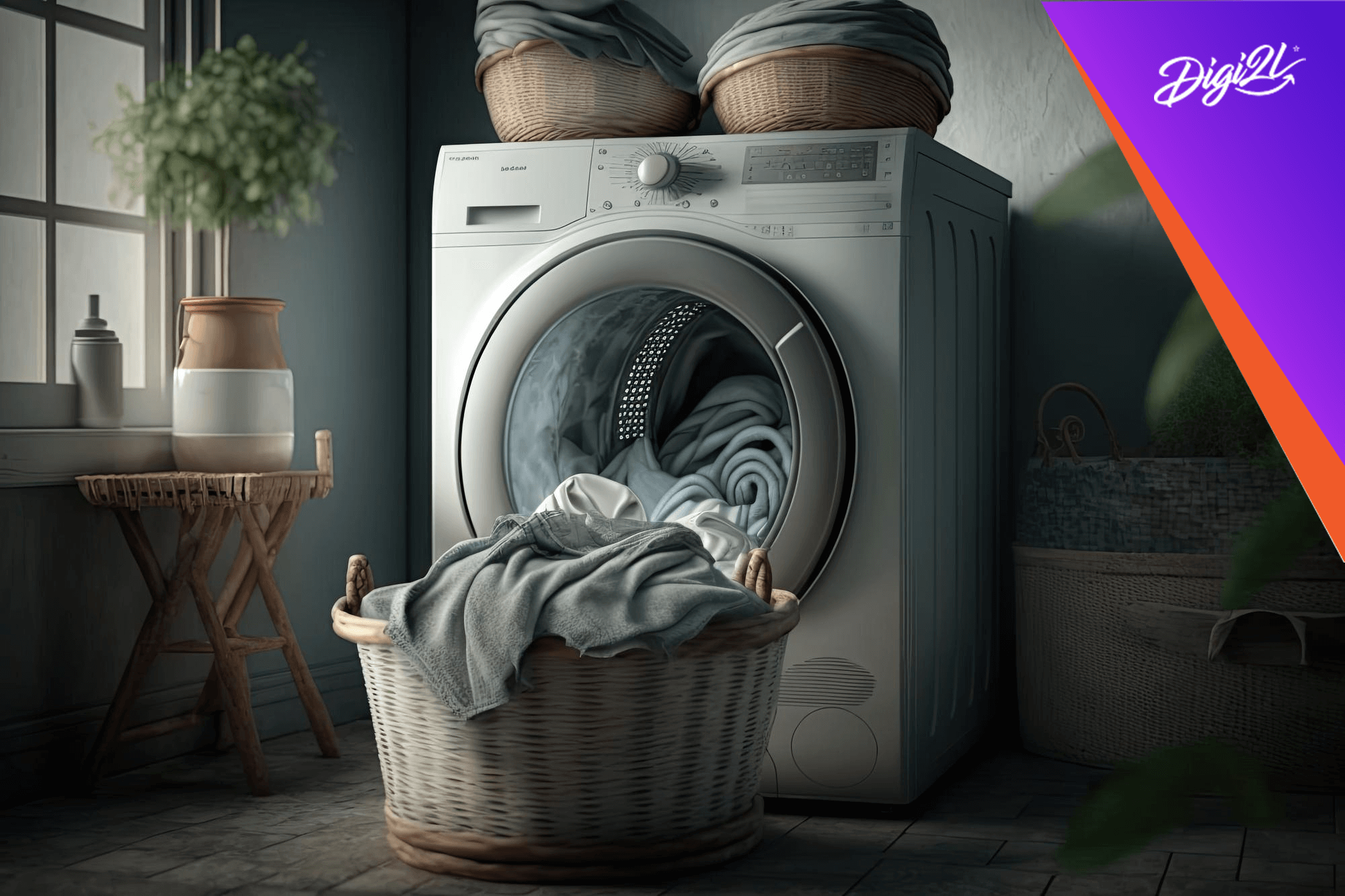In today’s fast-paced world, the demand for new and innovative appliances is higher than ever. The allure of cutting-edge technology, energy efficiency, and sleek designs often prompts people to replace their old appliances with newer models. But have you ever wondered if old appliances really use more electricity? In this blog, we’ll delve into this common misconception and explore the factors that determine an appliance’s energy consumption. We’ll also introduce a company that helps people sell their old appliances, contributing to a more sustainable and energy-efficient future.
Debunking the Myth
One common myth is that old appliances inherently use more electricity than their newer counterparts. While it may seem like a logical assumption, the reality is more nuanced. The age of an appliance alone does not determine its energy consumption. Several key factors come into play:
- Energy Efficiency Ratings: Newer appliances often come with improved energy efficiency ratings. These ratings indicate how efficiently an appliance uses energy. For example, appliances with Energy Star certification are known for their reduced energy consumption. However, older appliances may still perform efficiently if they were well-maintained and manufactured with energy-saving features.
- Technological Advances: Newer appliances frequently incorporate advanced technologies and design improvements that make them more energy-efficient. For example, modern refrigerators are equipped with better insulation and compressors, resulting in less energy consumption compared to older models.
- Maintenance and Care: The condition and maintenance of an appliance significantly affect its energy usage. Older appliances that have been properly maintained and serviced may still perform efficiently, whereas a poorly maintained new appliance can be energy-inefficient.
- Usage Habits: How you use an appliance plays a crucial role in its energy consumption. For instance, if you overload your washing machine or keep your refrigerator door open for extended periods, you’re likely to use more energy, regardless of the appliance’s age.
The Role of Appliance Age
While the age of an appliance doesn’t automatically make it an energy hog, it’s worth considering that older appliances might have outdated technology and fewer energy-saving features. However, the efficiency gap between old and new appliances isn’t always as wide as one might think. In some cases, an older, well-maintained appliance can rival the efficiency of a newer model.
Old Appliances: Hidden Gems
Before rushing to replace your old appliances solely for the sake of energy efficiency, consider these factors:
- Cost-Effective Repairs: Sometimes, a simple repair or maintenance work can significantly enhance the performance of an old appliance. For example, cleaning the condenser coils on your refrigerator or replacing a worn-out gasket can make it more energy-efficient.
- Sustainability: The disposal of old appliances contributes to electronic waste and environmental pollution. By extending the lifespan of your appliances, you are contributing to a more sustainable future.
- Economic Savings: Purchasing new appliances can be expensive. Keeping your old appliances in good working condition can save you money in the long run, as you won’t have to invest in costly replacements.
Selling Your Old Appliances
If you’re considering upgrading to newer appliances and want to sell your old ones, there are options available to make the process easy and environmentally responsible. One such company that can help you with this is Digi2L.
Digi2L is dedicated to helping individuals sell their old appliances in a hassle-free and eco-conscious way. Here are some of the key benefits of using their services:
- Appraisal and Valuation: Digi2L offers professional appraisals to determine the value of your old appliances. This ensures that you get a fair price for your items.
- Easy Listing and Selling: The company provides a user-friendly platform for listing your appliances. You can upload photos and descriptions, making it easy for potential buyers to find your items.
- Eco-Friendly Disposal: Digi2L is committed to sustainable practices. They can help ensure that your old appliances are disposed of responsibly or, if possible, recycled, reducing the environmental impact of electronic waste.
- Convenience: Selling appliances on your own can be time-consuming and stressful. Digi2L takes care of the process, so you can focus on your next home upgrade.
In conclusion, the assumption that old appliances inherently use more electricity is a common misconception. The energy efficiency of an appliance depends on several factors, including its age, maintenance, and usage habits. While newer appliances often come with improved energy efficiency ratings and advanced technologies, well-maintained older appliances can still perform efficiently.
Before rushing to replace your old appliances, it’s worth considering cost-effective repairs, sustainability, and economic savings. Keeping your old appliances in good working condition not only benefits your wallet but also the environment.
If you decide to sell your old appliances to make way for newer, more energy-efficient models, consider Digi2L. Their services can help you get a fair price for your appliances, ensure eco-friendly disposal, and make the process convenient and stress-free. By choosing to sell your old appliances responsibly, you contribute to a more sustainable and energy-efficient future.











